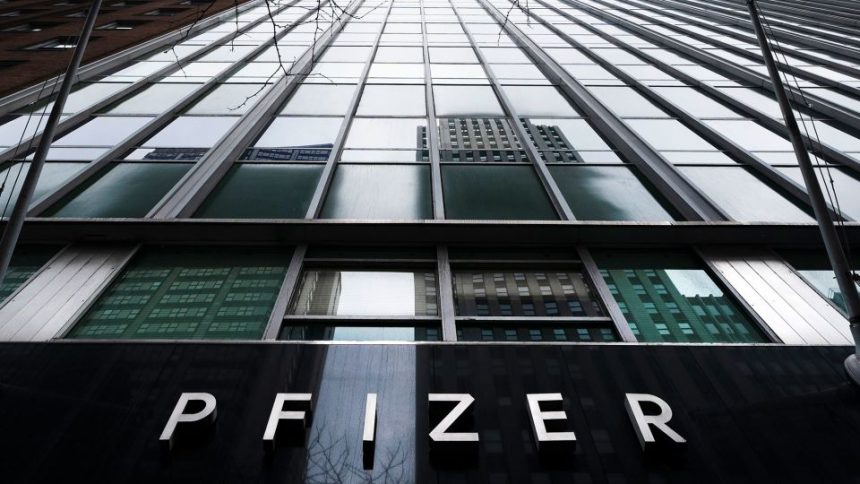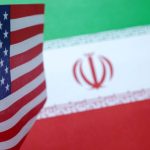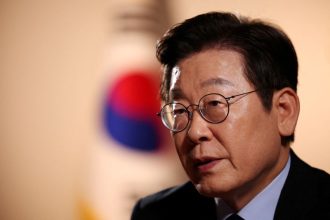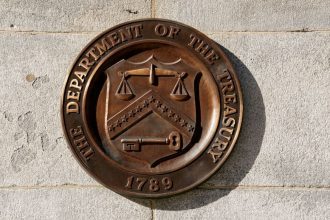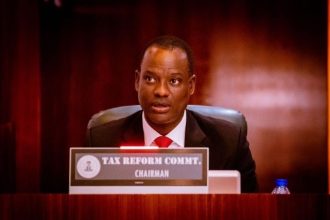President Donald Trump is expected to announce a deal with Pfizer on Tuesday as part of his “Most Favored Nation” initiative to lower the cost of drugs in the United States, a White House official and a source familiar with the matter told CNN. Details of what the deal would include were not immediately clear.
The effort comes as Trump has been haranguing drugmakers for months to lower their prices for US patients. He has revived his “Most Favored Nation” policy from his first term that seeks to have drug manufacturers reduce their prices domestically to the lowest ones they charge in peer countries.
“President Trump is doing more to lower health care costs than anyone else in Washington, DC,” said Kush Desai, a White House spokesperson, noting that the president is “leveraging the power of the federal government to drastically cut drug prices for everyday Americans. Democrats talked the talk for decades about drug prices, but only President Trump is actually walking the walk.”
The president in May issued an executive order that directed drugmakers to start offering US patients the “Most Favored Nation” price for their medicines or face consequences, including directing the Department of Health and Human Services to craft a rule implementing the policy and having the Food and Drug Administration modify or revoke approvals granted for drugs that may be “unsafe, ineffective, or improperly marketed.” He told HHS to come up with price targets within 30 days.
Unhappy with the progress, Trump in July wrote letters to the CEOs of 17 major pharmaceutical companies with a list of demands, including that the manufacturers voluntarily extend “Most Favored Nation” to all medicines provided to Medicaid enrollees. He also wants the companies to guarantee that Medicaid, Medicare and commercial-market insurers pay such prices for all new drugs. The president gave the companies 60 days to comply.
He is also pushing drugmakers to provide direct-to-consumer channels where US patients can buy medications without going through insurance for lower prices. Several manufacturers have already set up such sites for certain products.
The drug industry has warned any “Most Favored Nation” directives could have serious ramifications.
“Importing foreign price controls would undermine American leadership, hurting patients and workers,” Alex Schriver, senior vice president at the Pharmaceutical Research and Manufacturers of America, known as PhRMA, said in a statement at the time.
The announcement comes just one day ahead of the Trump administration launching a 100% tariff on brand-name pharmaceutical imports — unless the drugmaker is building a manufacturing plant in the US. (Imports from the European Union, a major source of brand-name drug products, will only face a 15% levy, per a trade agreement inked earlier this year.)
Tuesday’s move is among Trump’s recent efforts to get drugmakers to reduce their prices, which has been one of his central goals since his first presidential campaign. He has recently promised to slash prices by 1,500% — which is mathematically impossible, experts say.
In particular, Trump has fixated on the fact that Americans pay far more for medications than people in other peer countries, particularly Europe, largely because their governments often determine the cost. Prices are nearly three times as high in the US as they are in comparable countries, according to an HHS report released last year.
In his first term, the Department of Health and Human Services finalized a “Most Favored Nation” rule in late 2020, but it was blocked by federal courts on procedural grounds and rescinded by then-President Joe Biden in 2021. It would have applied to Medicare payments for certain drugs administered in doctors’ offices.
While the drugmakers have warily watched as Trump ramps up his rhetoric, industry experts have questioned whether the president’s previously announced steps would have much of an impact on either manufacturers or patients. The president does not have the legal authority to require drug companies to set their products at “Most Favored Nation” prices, and it’s unlikely they will voluntarily slash their prices in the US.
Some industry experts have said that it’s more likely that drugmakers will raise prices in other countries than lower them in the US. Eli Lilly announced in August that it would hike the price of its weight-loss drug Mounjaro in the United Kingdom to reduce its cost in America. And Bristol Myers Squibb said earlier this month that it would sell its schizophrenia medication Cobenfy for the same list price in the United Kingdom as it is the in US.
For more CNN news and newsletters create an account at CNN.com


